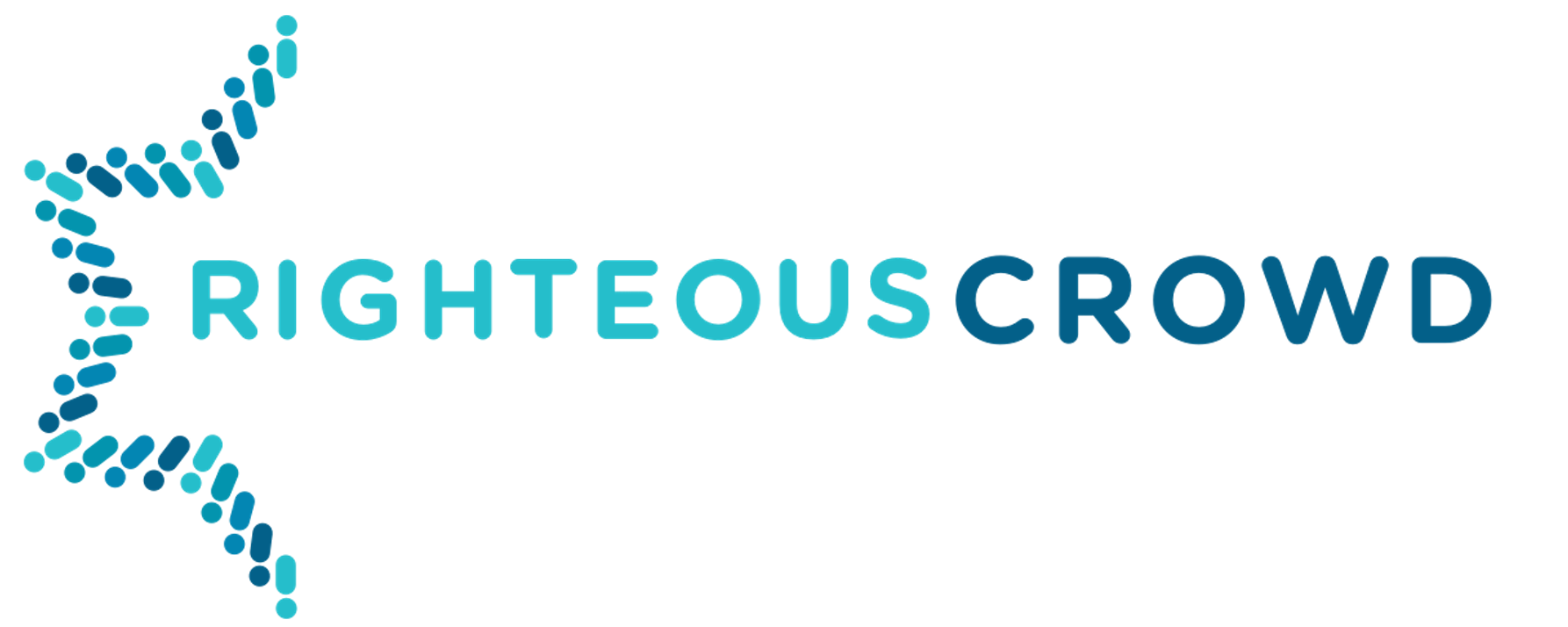Ariel Levinson-Waldman, Founder of Tzedek DC
Ariel Levinson-Waldman (center) testifying with Tzedek DC.
“This week’s Parasha is actually right on point for the work we do. In our work serving low-income neighbors, we strive every day to ensure our clients are and feel heard”
What is the mission of Tzedek DC?
Tzedek DC’s mission is to safeguard the rights of low-income DC families from all faiths and backgrounds facing debt-related problems, and, in engaging in this on the ground, direct services legal work through reliance on Jewish community resources and volunteers, to build bridges across faith and racial lines in the Greater Washington community.
Why did you decide to start Tzedek DC?
In 2015, community leaders, service providers, and residents in the District of Columbia, backed by a fellowship from The Jewish Federation of Greater Washington, pin-pointed an area of acute unmet need in the nation’s capital: legal help for low-income families with often life-altering problems arising from debt. By all accounts, debt-related problems were widespread and severe; 95% of low-income residents received no legal help in such cases -- though the help was highly effective for those who did obtain it -- and predatory lending and debt collection lawsuits were disproportionately targeted at communities of color.
The vast majority of low-income community members, lacking access to legal counsel, suffer a range of adverse consequences, including default judgments, impaired credit ratings, credit report problems that reduce future job prospects, and, for hundreds, suspension of their driver’s licenses. In the worst of cases, unfavorable debt judgments set off a spiral of events culminating in unemployment, homelessness, and/or prison. Those who do get legal help have successful outcomes most of the time --winning the case outright or settling on terms that are compatible with their cash flow capabilities. A group of determined volunteers from the Greater Washington Jewish community, including several with consumer protection and debt-related legal experience, decided to take steps towards closing this persistent justice gap.
How would you connect your organization to a Jewish text or value?
Tzedek DC is inspired by the commandment of “Tzedek tzedek, tirdof from the Book of Deuteronomy” -- justice justice shall you pursue. But this week’s Parasha is actually right on point for the work we do. In our work serving low-income neighbors, we strive every day to ensure our clients are and feel heard – listened to, respected, offered a seat, a drink of water, a trip to the restroom, and made to feel valued them as a client and fellow community member. This fits right in with Yitro, where Moses is admonished for supplying justice in a way that requires community members to wait for days to receive their answer. As Rabbi Mark Borovitz has observed: “We must heed the ways of Jethro and Torah so that all people know that they matter. Every person is important and each of us is a precious gem of God’s; we need to treat ourselves, and each other, in this manner.”
What’s a story about your organization that is meaningful to you?
The story of our client Esan Fullington, told here in a 5 minute film: https://www.tzedekdc.org/mission/
What has surprised you about working with your organization?
We’ve been moved by the response from the client community from the bridge building work we are doing. For example, after the Pittsburgh attacks, a client who is from a Pentecostal Baptist background got in touch to tell us that we were on her mind and she hopes this never happens again to the Jewish community.
What are some non-monetary ways for others to get involved in your organization or cause?
To volunteer with us, please sign up at https://www.tzedekdc.org/volunteer-or-ask-a-question/. Please also follow and support Tzedek DC on Twitter and Facebook.
To learn more about Tzedek DC visit www.tzedekdc.org.

